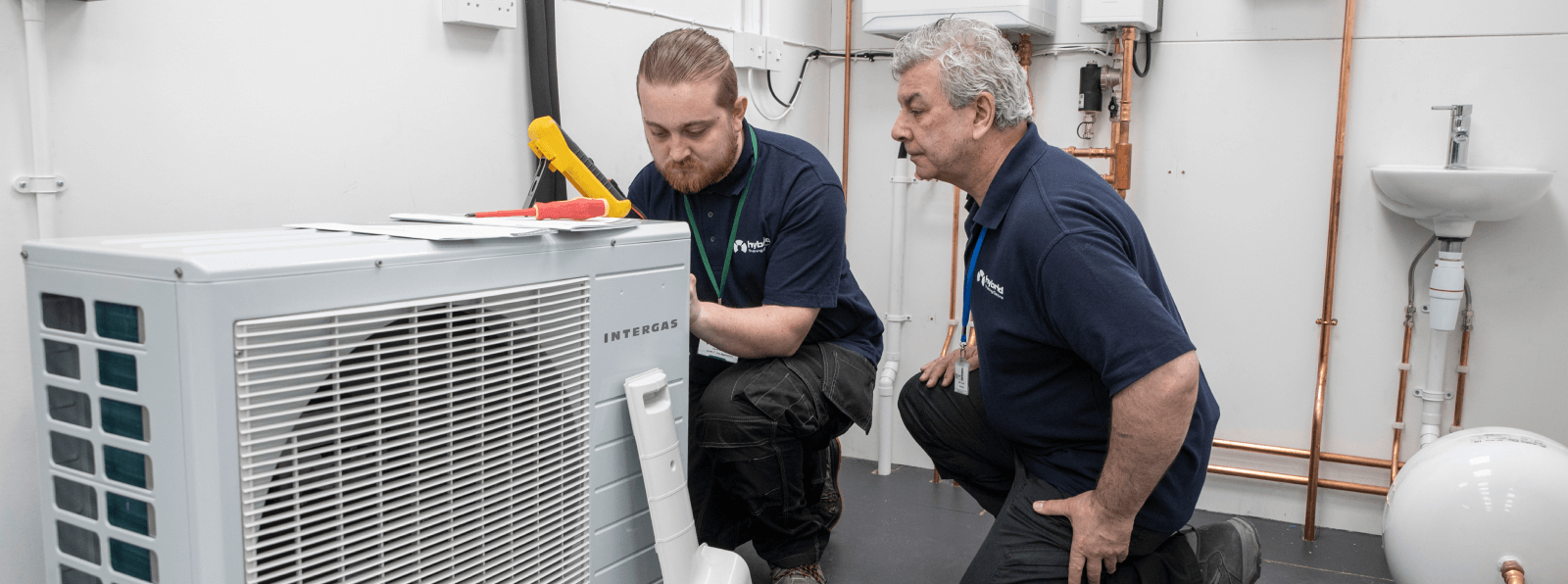Entry requirements
Type
Dates/duration
Qualification
Location
Course Content
In order to become a qualified gas engineer, apprentices must legally achieve Gas Safe registration as they will need to prove competence in using appliances that contain natural gas or liquid petroleum.
The domestic and commercial gas engineering operative apprenticeships will include training surrounding planning and preparation, water systems, electricity, meters, heating appliances, space heating, catering and laundry.
Training
During this course, apprentices will develop the required skills, knowledge and behaviours set out in the gas engineering operative standard. Candidates will complete:
Apprentices will complete:
- Training Stage 1 – Safe working and carrying out health and safety practices in gas utilisation as well as building services and structures.
- Training Stage 2 – Written or practical assignments and knowledge assessments.
- Training Stage 3 – A work log of practical activities, skills and competencies, and a practical observation of work activity in terms of quality and behaviour.
Assessment and Qualification
The assessments required for this course require a practical assessment known as a ‘competency test’ after achieving Gas Safe registration.
Apprentices must show core and specific skills, knowledge and behaviours in a real world environment and, in the last three months of the apprenticeship, a technical expert will review the apprentice’s portfolio and undertake a summative assessment of competence against the skills, knowledge and behaviours.
Completing the work log and assessments leads to eligibility for Gas Safe registration.
Further Courses
- LPG
- Combi Fault Finding
- Unvented Hot Water
- Water Regulations
- Energy Efficiency
- Commercial Catering
- Commercial Laundry & Heat Pumps








